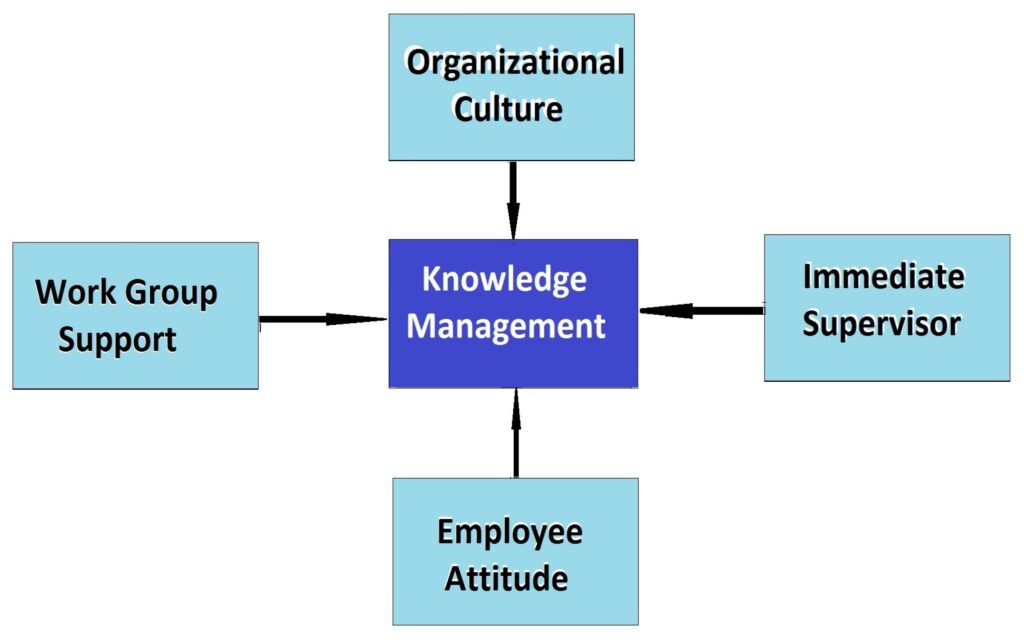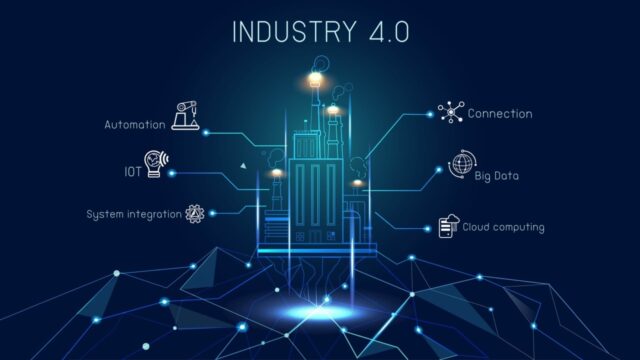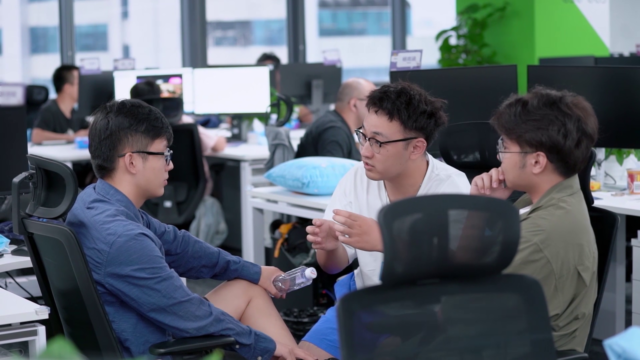
Knowledge management in the hotel industry
Knowledge management (KM) is a systematic process of organizing and developing knowledge and skills within the organizations, and it is widely applied in many industries. Specifically, the practices of KM can be identified in the hospitality industry.
Why the hotel industry needs knowledge management?
The hotel industry has experienced the tough time period of the global COVID-19 pandemic, and the unexpected market downturn left long-term pressure for hotel enterprises to recover and achieve profitability growth. Especially, hotels have to enhance their service quality through providing more additional care to the customers, while such improvements further add to the financial burden.
Hotel enterprises heavily rely on the accumulation of knowledge and skills, and the effective cultivation of knowledge gaining capability will bring them the ability to forecast the customers’ travelling patterns and design marketing strategies to target groups. In order to do so, data and information collected from customers and business partners should be effectively managed and analyzed. Proper collection and analysis of this information to transform it into knowledge is crucial for hotel management. At the same time, as one of the service industries, the hotel sector serves a wide range of user groups. Practitioners and managers with professional skills need to continuously improve their abilities to meet the constantly changing market environment and customer needs.
Taking all these factors into consideration, KM plays an important role to boost consistent developing power for the hotel industry. Based on such mechanisms, hotel enterprises are able to gain further competitive advantage.
The best practices of knowledge management for hotels
Hotel operation is a complex process, and KM should be embedded in different aspects, serving different departments and business units. There are several practices that are proved helpful to establish effective KM in the hotel industry.
Embedding knowledge management in HRM system
KM is a branch of management science that involves the systematic and collective creation, dissemination, and utilization of enterprise knowledge, fundamentally improving organizational efficiency, enhancing enterprise competitiveness, and developing innovation. It includes analyzing existing knowledge, identifying the knowledge gaps needed, and finally achieving everything necessary through information technology to accumulate organizational memory, strengthen employee capabilities, improve work performance, and lay the foundation for building sustainable core competencies of the organization.
Under such circumstances, KM should be closely attached with people management, and it is beneficial to start with human resources management practices. When HRM department undertakes various operation strategies, conscious training and accumulation of knowledge should be included, so that the values of knowledge can be delivered to every member in the organizations. In JW Marriott hotels, comprehensive job training is the main way to achieve KM. For example1, front desk staff need to learn etiquette knowledge, while new employees have to quickly familiarize themselves with the job content and work environment.
Therefore, various types of training and learning are organized and planned within the hotel to help employees clarify job requirements, continuously acquire professional knowledge, and enhance professional abilities. For example, providing first aid training and emergency management to front desk service personnel can better assist guests in handling unexpected situations.
Applying modern technologies to implement intelligent knowledge management
With the aid of computer science and Internet technologies, the hotel industry has widely applied intelligent operation systems, and KM should also be integrated into the intelligent platforms. For instance, JW Marriott hotels has set up its intelligent system that integrates functions such as hotel management, customer management, reservation management, and room control. The system adopts advanced cloud computing technology2 to achieve comprehensive intelligent management and monitoring of hotel operations. At the same time, for enterprise members, the system can quickly help employees identify key skill elements in their positions and understand the operation of other departments in the organization. For example, in the reimbursement application process, the applicant can easily understand the reimbursement limit, types of reimbursement receipts, and other knowledge through the atomized financial system knowledge embedded in the process, reducing the probability of errors in the process application and saving process approval time to a certain extent.
How knowledge management helps hotels to face future challenges
Knowledge can change with time, and the old skills that are no longer functional should be replaced by the latest ones. For the hotel industry, this principle is even important, because the needs of public and external environment are always changing. After the pandemic, customers have higher requirements for hotels’ hygiene and healthy operation, and the booming needs for travelling after the reopening of markets will bring an influx of orders. To meet all the needs from large amount of customers, hotels have to enhance their operation efficiency with improved service qualities. As a result, the future of hotel enterprises is full of uncertainties, and to be prepared for changes is a necessary move for hotels.

According to the model of KM3 in Figure 1, the four major factors that support KM are from employees, supervisors, work groups, and the overall organizational culture. Based on this model, effective KM can help hotels to defeat the risks and challenges from four aspects.
First, KM builds a supportive organizational culture that encourages knowledge sharing and consistent learning, and this culture creates a positive atmosphere that allows individuals to gain knowledge development.
Second, KM allows supervisors to closely trace the trends of knowledge and follow new needs, and this is a necessity to identify any risk in advance. At present, the fast-developing technologies are bringing even more solutions for KM supervision. For example, artificial intelligence (AI) is changing the service practices in hotels, so that the future KM may be a digital approach with typical human-computer interaction features.
Third, KM helps employees to obtain extended knowledge and skills, and their individual career development also creates the forces for organizations’ development.
Lastly, KM aids hotels to gain support from groups and partners, and the collective power is beneficial to combat risks. For instance4, JW Marriott hotels has set up a global cooperation network in the industry, to share information and gain extended knowledge about the world’s market (Marriott International, 2021). Such wide access to industrial information allows the company to respond to the market quickly before missing any opportunity.
Our lecturer Rajesh Dhillon presents the unique challenges faced by the hospitality industry during the COVID-19 pandemic and its aftermath, and shares several key KM strategies. Firstly, customer knowledge management (CKM) is the process of systematically collecting, analysing and utilising information and insights gained from interactions with customers to understand customer needs, preferences, behaviours, and feedback in order to enhance service, personalise the customer experience and foster loyalty. This approach helps in customer retention and is known as the Ritz-Carlton approach5. Secondly, social media analytics provides real-time insights into customer preferences and market dynamics by analysing feedback (e.g. TripAdvisor, Hotels.com) and trends, facilitating agile KM and decision-making. Finally, e-learning and virtual learning platforms provide ongoing training and development for employees, ensuring they have access to the latest industry standards, trends and knowledge domains.
Dhillon emphasised that to adapt to the changing landscape of digital learning, organisations must adopt innovative and technology-led KM strategies, including the integration of artificial intelligence (AI), natural language processing (NLP), and mobile learning and other advanced technologies to enhance knowledge discovery and simplify classification tasks for data-driven decision-making. In addition, he advocates a focus on measuring the impact of KM strategies by evaluating digital learning outcomes, improving the user experience (UX), and assessing the overall effectiveness of knowledge sharing programmes.
Article source: Adapted from Knowledge Management in Hotel Industry, prepared as part of the requirements for completion of course KM6304 Knowledge Management Strategies and Policies in the Nanyang Technological University Singapore Master of Science in Knowledge Management (KM).
Header image source: Quang Nguyen Vinh on Pexels.
References:
- Jabaley, J. (2019, January 16). Employee Training Lessons for Our Practices from JW Marriott. Review of Optometric Business. ↩
- Oracle Hospitality. (2024, January 30). Oracle Cloud to Help Elevate Property Management for Marriott International. Hospitality Technology. ↩
- Jokanović, B., Zivlak, N., Okanović, A., Ćulibrk, J., & Duđak, L. (2020). The model of knowledge management based on organizational climate. Sustainability, 12(8), 3273. ↩
- Marriott International. (2021). Annual Report. ↩
- Sirk, C. (2024, January 25). How the Ritz-Carlton Creates a 5 Star Customer Experience. CRM.Org. ↩







